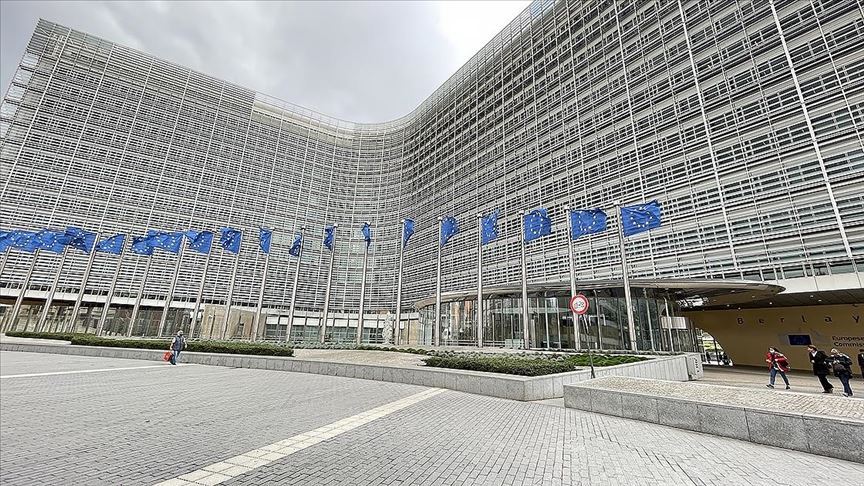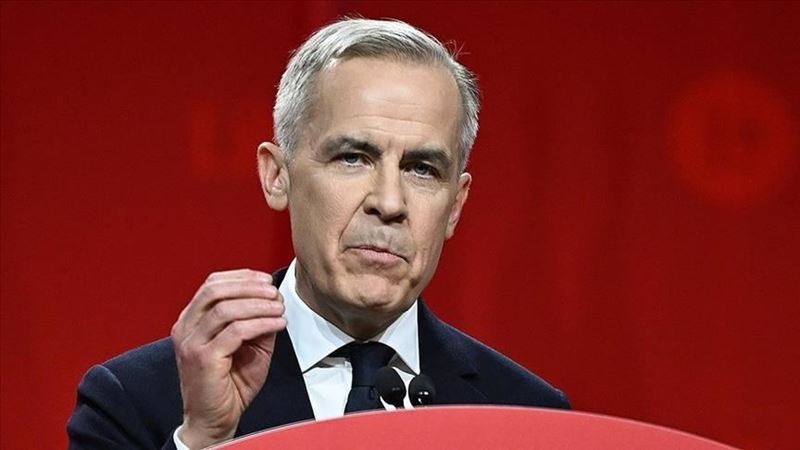The European Union (EU) has published its study titled "European Spring Term Package", which includes recommendations for the economic policies of member countries.
In the study, it was noted that the war created a new environment, increased the problems for growth, which was expected to decrease before, and created additional challenges for the EU economy due to the security of energy supply and dependence on Russia in fossil fuels.
Reminding that with the onset of the Kovid-19 epidemic, the member states suspended the EU financial rules that limit excessive public expenditures in March 2020, it was stated that the application in question reduced the economic problems caused by the epidemic and paved the way for economic recovery in 2021.
In the study, it was noted that the macroeconomic shock caused by the Russia-Ukraine war has its unique nature and that a careful fiscal policy should be determined in 2023 due to its long-term effects on the EU's energy security.
In the study, it was pointed out that the "withdrawal clause" should be extended until the end of 2023, which ensures that the fiscal rules that limit the public expenditures of the member states are not applied due to the increase in the uncertainties caused by the war in Ukraine, the strong downside risks to the economic outlook, the unprecedented increases in energy prices and the ongoing supply chain problems. "The Commission assesses that the conditions for the general withdrawal clause of the Stability and Growth Pact to be maintained in 2023 and deactivated from 2024 have been met." expression was used.
In the study, it was noted that the EU Commission proposed to extend the implementation of fiscal rules that limit the debt and current account deficit in member countries until the end of 2023 due to the Russia-Ukraine war.
EU financial rules
The Stability and Growth Pact contains strict rules that limit public expenditures and budget deficits of EU member states.
According to EU rules, budget deficits of member states should not exceed 3 percent of their GDP and public debt should not exceed 60 percent of their GDP under normal conditions. The measures to be taken when this limit is exceeded must be notified to the EU Commission and an effective fight must be made. Otherwise, the disciplinary process called "excessive deficit procedure" can be applied to the country in question. At the end of the disciplinary process, economic sanctions are imposed on the country.
EU member states decided to suspend the rules in 2020 due to the epidemic and increased public expenditures.
After this stage, EU member states must agree to change the rules. However, no objection is expected in this regard.
Before the war, these rules were expected to be implemented again in 2023.









Comments
No comment yet.